For many attorneys, mentoring is the key to success. The American Bar Association reports that 85 percent of women and 81 percent of multicultural professionals say they need “navigational help” at some point in their careers.
UBalt Law meets that need in part through moot court and mock trial, where alumni coaches typically do more than just fine-tune specific legal skills. They also mentor the student competitors, helping them to develop leadership traits, career-planning skills, and overall self-confidence. And the mentors say these relationships in turn make them better leaders and better lawyers themselves.
Here are a few of their stories.
‘Joy in seeing someone else succeed’
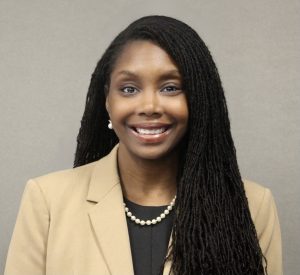 Erek Barron, the former U.S. Attorney for the District of Maryland, greatly increased African American representation in the office. Beatrice “Bea” Thomas, J.D. ’19, became an assistant U.S. attorney in 2022 under his leadership.
Erek Barron, the former U.S. Attorney for the District of Maryland, greatly increased African American representation in the office. Beatrice “Bea” Thomas, J.D. ’19, became an assistant U.S. attorney in 2022 under his leadership.
“He had been a mentor to me at my previous firm, and he just did not hesitate to support me,” Thomas says. Through UBalt Law, she is supporting others in turn, coaching mock trial and also mentoring first-year students through the Law Career Development Office.
She’s also starting a term as president of the Alliance of Black Women Attorneys of Maryland, a post previously held by all the major mentors in her life: Maryland Supreme Court Justice Shirley M. Watts; Hon. Teresa Epps Cummings, J.D. ’02; and Johns Hopkins VP for Civic Engagement and Opportunity Alicia Wilson.
As Thomas mentors students and others in the skills of leadership, she focuses on communication: Not just what they say, but also “actively listening to other people, which is so important,” she says. She puts a premium on empathy, “understanding that everyone has a different journey … that shapes who they are and how they think.”
And she leans heavily into strategic thinking. “None of us has the capacity to do everything all the time. You have to pick a few things that you know you want to dedicate your time to, the things that are important to you. And then when you do that, do it well,” she says.
Helping others to thrive is a source of personal pride for Thomas, who can appreciate the importance of having strong professional role models early on.
Black women make up a tiny fraction of the legal profession, “and for me there’s a joy in seeing someone else succeed, seeing them forge a path forward,” she says, “I get great satisfaction from problem-solving and helping people become resilient in this thing called the law — because it’s not for the faint of heart.”
‘Incredibly rewarding’
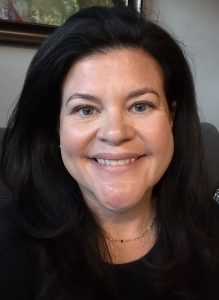 As a law student, Jessica Swadow, J.D. ’16, was on the moot court appellate advocacy competition team. UBalt Law adjunct professor Laurie Bennett showed her the ropes, helping to hone her skills. Bennett went on to become a mentor and a friend.
As a law student, Jessica Swadow, J.D. ’16, was on the moot court appellate advocacy competition team. UBalt Law adjunct professor Laurie Bennett showed her the ropes, helping to hone her skills. Bennett went on to become a mentor and a friend.
“I always seek her opinion,” says Swadow, who is contracts associate counsel at Towson University. “She’s been a sounding board for musings on my career, a great person for me to bounce ideas off of.”
Bennett’s model of leadership has helped Swadow to become a leader herself: Since 2017, she’s partnered with her former mentor to co-coach the moot court team.
“We work with the students to enhance their skills in brief writing, and their oral advocacy skills for competition,” Swadow says. And the relationships go deeper than that. “It always expands well beyond the competition. I provide a lot of mentoring and feedback on everything from things to do with law school classes, to what they want to do after law school, thinking about different career options.”
The mentoring relationship “is incredibly rewarding,” she says. “I get to see those skills develop, to see them become better advocates, better critical thinkers. It is fantastic.”
‘The attorney personality that fits them’
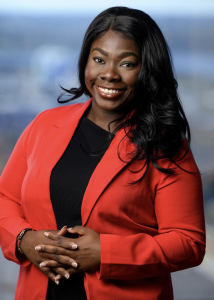 As an assistant public defender in Baltimore County, Amanda Sirleaf, J.D. ’23, knows it takes inner strength to succeed in the courtroom. As she coaches and mentors law students in mock trial, she looks to share that strength with others.
As an assistant public defender in Baltimore County, Amanda Sirleaf, J.D. ’23, knows it takes inner strength to succeed in the courtroom. As she coaches and mentors law students in mock trial, she looks to share that strength with others.
“The first thing that’s super important is making sure their confidence is up, because there’s a lot of self-doubt in this profession — for everyone,” she says. “As a leader, I try to shine a light on things that are specific about them: ‘You’re really good at making people feel emotions,’ or, ‘You’re really good at describing things and breaking things down.’”
When Sirleaf was in law school, husband-and-wife coaches Ashley Bond Beasley, J.D. ’16, and Benjamin Beasley, J.D. ’14, offered more of a tough-love mentoring style. “They didn’t sugarcoat, and they definitely made sure I had some tough skin,” she says. “There are still things I do to this day — or things I will not do — because of their coaching. They were always there to pick me up after a mistake.”
Mock Trial coach Annemarie Duerr, J.D. ’22, a UBalt Law adjunct professor, further helped her to build both her legal chops and her leadership skills, and Sirleaf went on to co-coach with her. Other mentors in her life have included her first boss, Shawn Bartley, as well as family law and immigration attorney Shari Hoidra, J.D. ’12. “She helped me learn to maneuver as a woman of color in the legal world,” Sirleaf says.
As Sirleaf leads students through the mock trial experience, she looks to help them find their authentic selves. When attorneys model themselves after classmates or TV characters, “it can come off as unnatural, not genuine,” she says. “I’m trying to help them find the attorney personality that fits them. That’s huge, especially for litigators.”
A launching pad
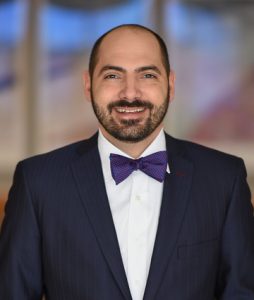 Nick Szokoly, J.D. ’03. knows from experience just how impactful a moot court mentorship can be.
Nick Szokoly, J.D. ’03. knows from experience just how impactful a moot court mentorship can be.
Now a partner with Murphy Falcon Murphy, he started his first year as an evening student at UBalt Law while still finishing his undergrad degree. He tried out for the moot court consolidated competition, “and the professor who led it at the time, Byron L. Warnken, took an interest in me,” he says. “It changed the entire trajectory of my career.”
Warnken, who passed in 2022, taught him how to be a lawyer and a leader. “Everything I ever learned about how to practice law and run a law firm, I learned from Byron,” Szokoly says. Along with Warnken, faculty members Ernie Crowfoot and the late Richard “Dick” Bourne helped guide his path.
Now Szokoly is doing the same for others. As a moot court coach and mentor, he tells students that moot court can be a launching pad: “This is your opportunity to circulate with practicing lawyers and judges, to make relationships that can really make a difference in your life.”
It certainly did in Szokoly’s case. As he reflects on the impact that Warnken had on his career, he says, “I can’t think of a single outcome that would have been the same if it hadn’t been for Byron’s mentorship and moot court.”



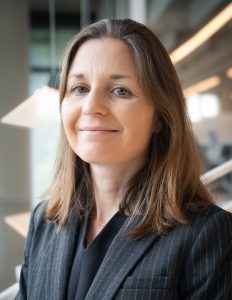
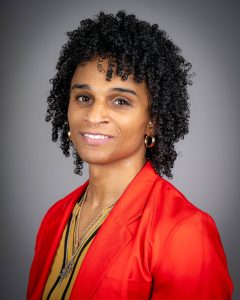 Chrysanthemum Desir
Chrysanthemum Desir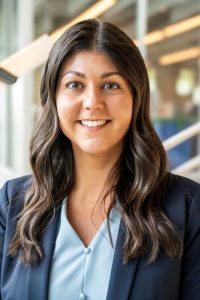 Gabrielle Fortunato
Gabrielle Fortunato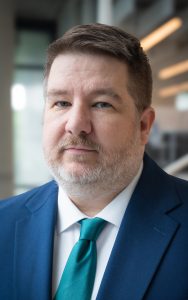 Alex Maisel
Alex Maisel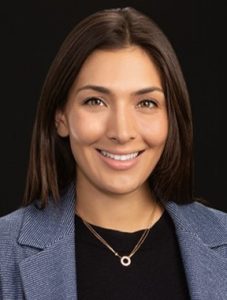 Olivia Molineux
Olivia Molineux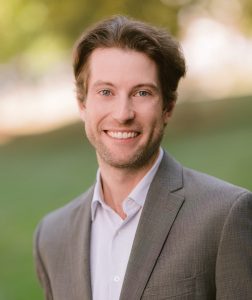 Ben Wilson
Ben Wilson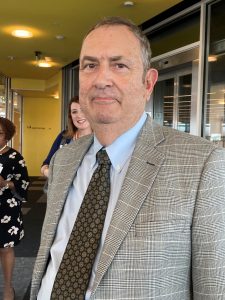
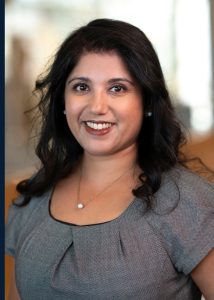 During her legal career, Professor
During her legal career, Professor 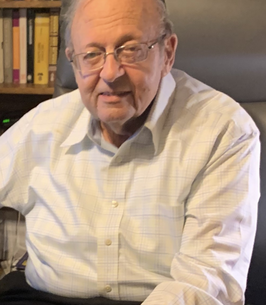 Laurence “Larry” Katz, retired dean of The University of Baltimore School of Law and a highly respected member of both the Baltimore legal profession and the city’s Jewish community, passed away on July 21, 2025. Katz served as dean of the law school from 1978 to 1993.
Laurence “Larry” Katz, retired dean of The University of Baltimore School of Law and a highly respected member of both the Baltimore legal profession and the city’s Jewish community, passed away on July 21, 2025. Katz served as dean of the law school from 1978 to 1993.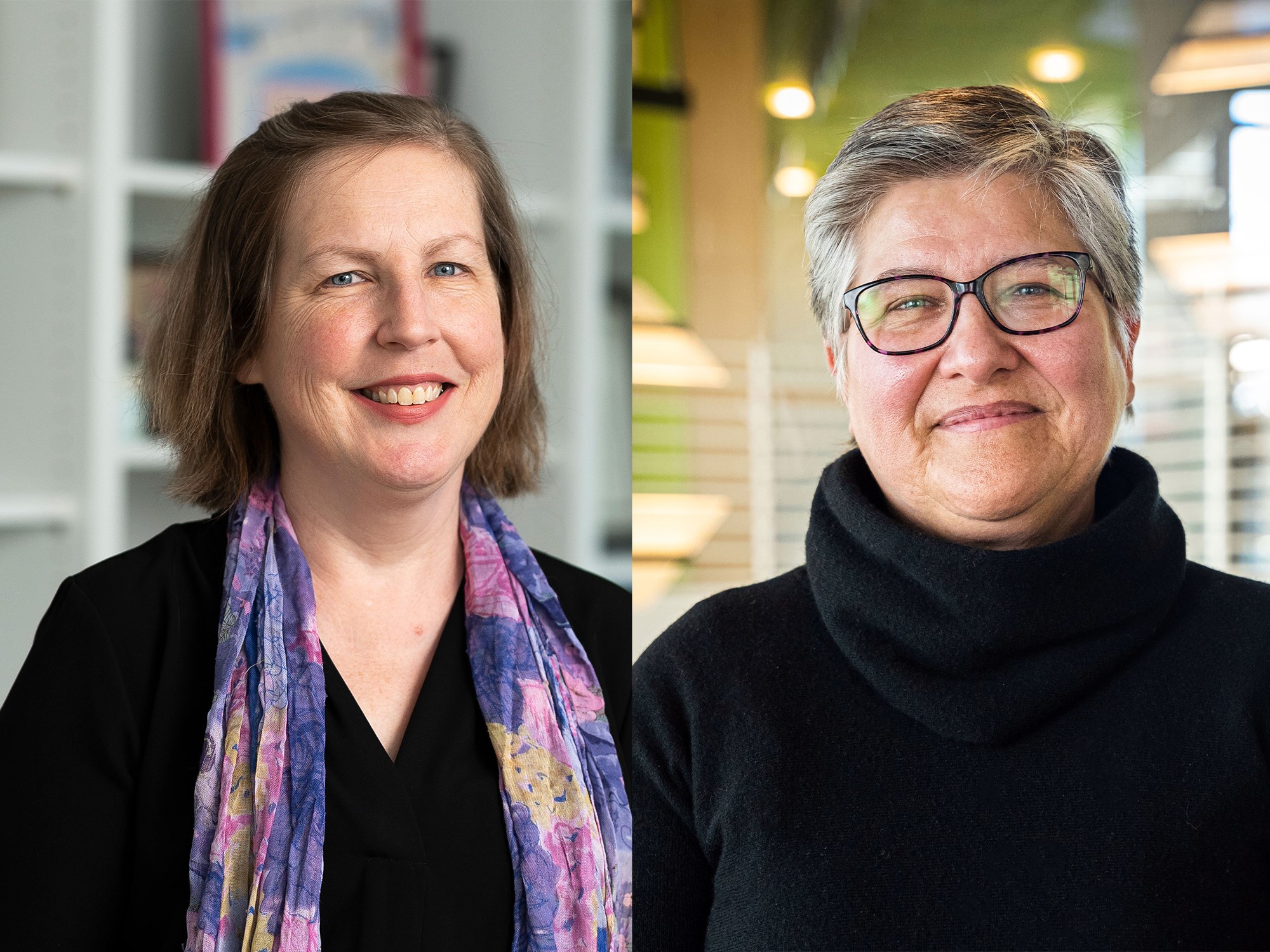
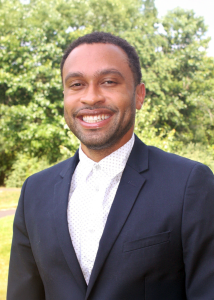 As director of Diversity, Equity, Inclusion, and Belonging at UBalt Law,
As director of Diversity, Equity, Inclusion, and Belonging at UBalt Law, 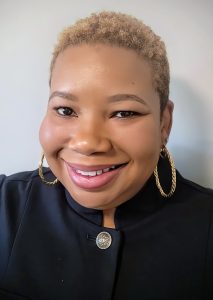
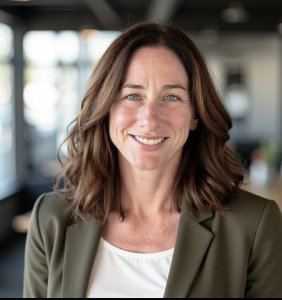 Liz Field joins UBalt Law as Director of External Relations, Communications & Marketing. In this role, Liz will lead UBalt Law’s External Relations team and provide strategic leadership for communications, marketing, alumni and partner relations, and web and technical support services.
Liz Field joins UBalt Law as Director of External Relations, Communications & Marketing. In this role, Liz will lead UBalt Law’s External Relations team and provide strategic leadership for communications, marketing, alumni and partner relations, and web and technical support services.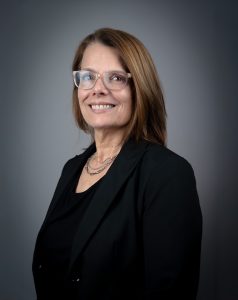 Luann Edwards, J.D. ’00, has been appointed Assistant Dean for the Law Career Development Office (LCDO).
Luann Edwards, J.D. ’00, has been appointed Assistant Dean for the Law Career Development Office (LCDO).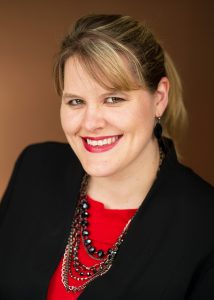
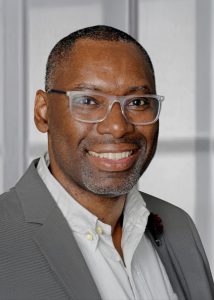
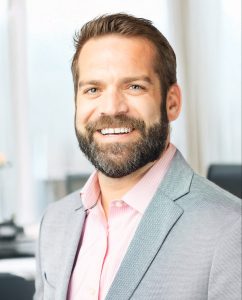
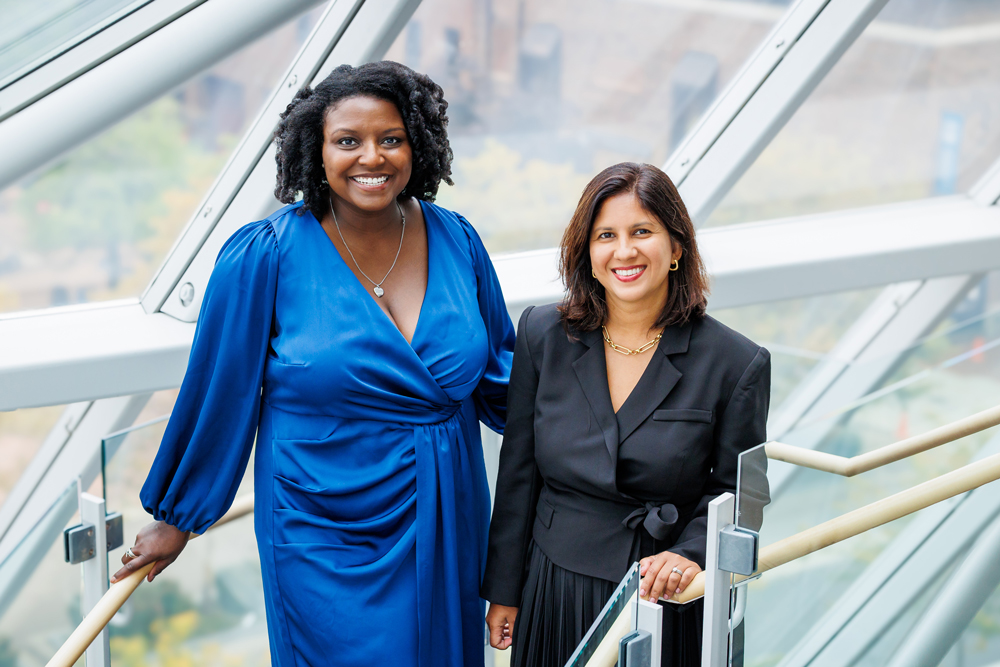
 Erek Barron, the former U.S. Attorney for the District of Maryland, greatly increased African American representation in the office.
Erek Barron, the former U.S. Attorney for the District of Maryland, greatly increased African American representation in the office.  As a law student,
As a law student,  As an assistant public defender in Baltimore County,
As an assistant public defender in Baltimore County,  Nick Szokoly, J.D. ’03
Nick Szokoly, J.D. ’03